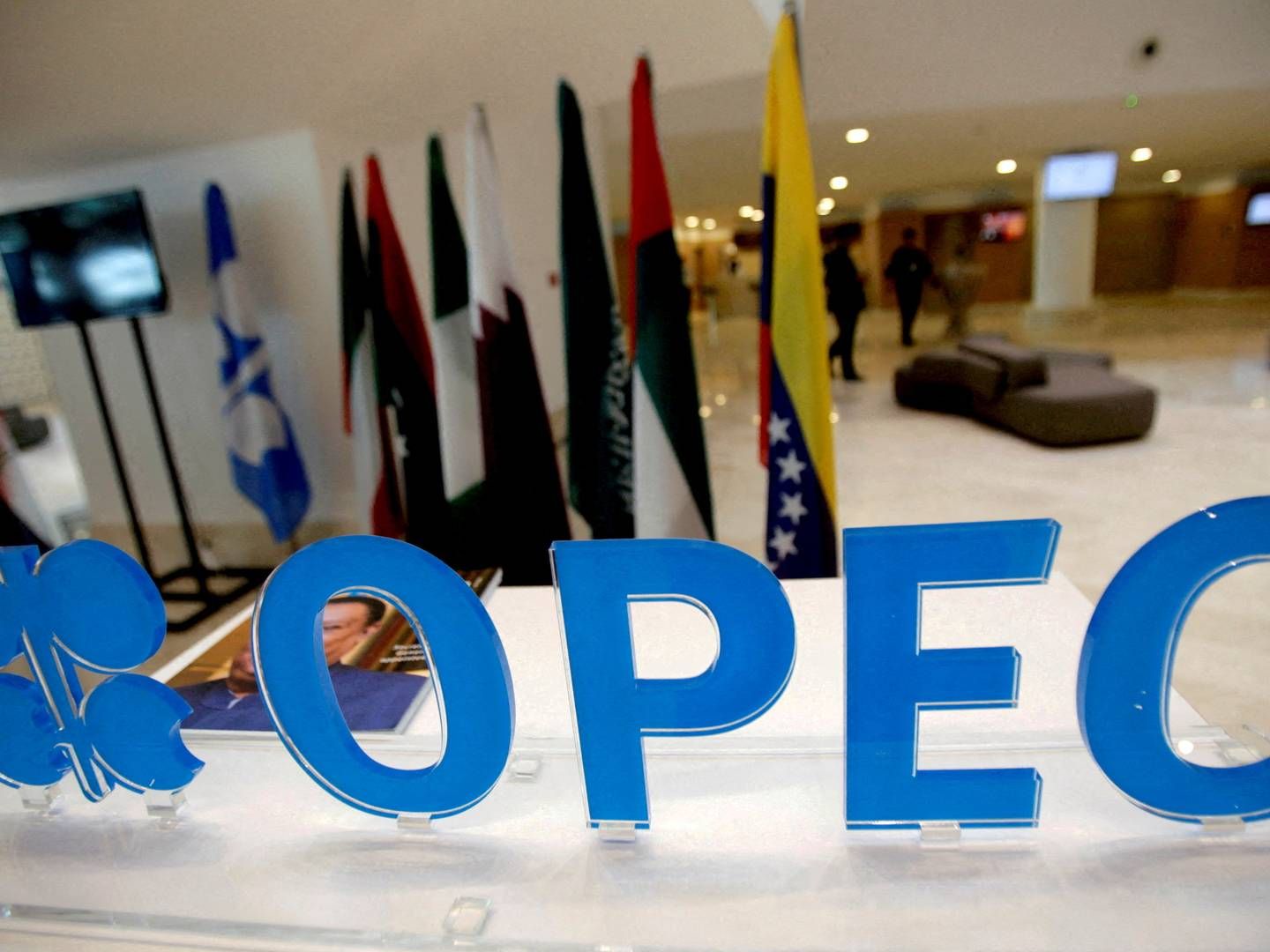Oil heads for second weekly climb after OPEC+ leaders wade In

Oil headed for a second weekly gain after OPEC+ leaders Saudi Arabia and Russia tightened supplies and US crude stockpiles fell.
West Texas Intermediate advanced above USD 72 a barrel, on course for a weekly advance of more than 2 percent. The US crude benchmark is set for the first back-to-back weekly increase since late-May, with near-term time spreads flipping into a narrow backwardated structure, a bullish pricing pattern.
Saudi Arabia set large price increases for its crude to Europe and the Mediterranean after announcing an extension into August of its unilateral 1-million-barrel-a-day supply cut. In addition, Russia said it would reduce exports by half a million barrels, although output won’t be lowered.
In the US, official data showed nationwide crude stockpiles dropped for a third week, sliding by 1.5 million barrels to take holdings to their lowest level since late January. Oil holdings at the key Cushing, Oklahoma, storage hub also eased, while inventories of gasoline and distillates dropped.
Crude remains 10 percent lower this year, with tighter monetary policy, China’s lackluster recovery, and resilient Russian exports pressuring futures. Its rise this week came despite a broad move lower in other risk assets as robust US jobs data reinforced bets the Federal Reserve will keep hiking interest rates.
Saudi Arabia’s lifting of its official selling prices is “a sign of stronger demand,” said Charu Chanana, market strategist at Saxo Capital Markets Pte in Singapore. “The broader risk-off sentiment was offset by signs of tightness in the market,” she said.




















